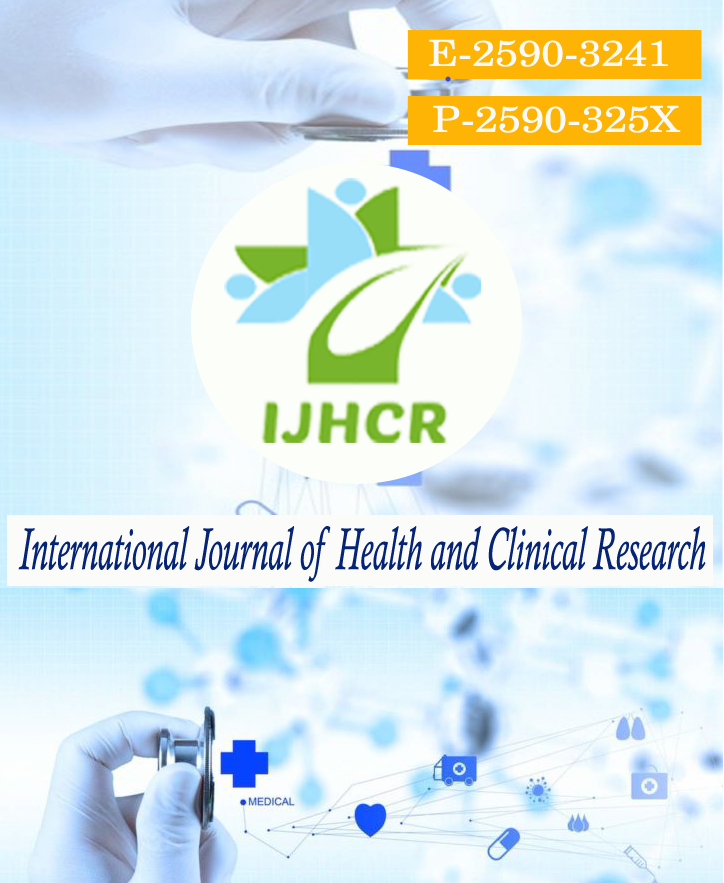
International Journal of Health and Clinical Research
Yazarlar: Umamaheshwari S, Bhargavaram Karantha, Shyamala G
Konular:-
Anahtar Kelimeler:Acute Myocardial Infarction; Mortality; Serum Albumin; Prognosis
Özet: Background: Decreased serum albumin level was reported to be associated with increased risk of cardiovascular events and short term-mortality in patients with AMI. There are evidences that the concomitant occurrence of hyperglycaemia in patients with an AMI enhances the risk of mortality and morbidity. Objective: To study Random Blood Sugar and Serum Albumin as prognostic markers in patients with ST segment Elevation MI.Methodology: The study was conducted on 51 cases of AMI admitted at VIMS Ballari between year 2018-2020. The cases were divided into 3 groups (group I to III) and 2 groups (group I and II) based on admission RBS and serum albumin respectively. All cases were subjected to investigations, and in-hospital complications were noted. In hospital complications and mortality was analysed using appropriate statistical methods across the groups.Results: All 51 cases had ST segment elevation myocardial infarction with comparable age and sex between the groups. With progressive rise in RBS at admission, there was a statistically significant rise in the mean systolic BP (P=0.019*), mean diastolic BP (P=0.0001*) and mean heart rate (P=0.036*), higher Killip’s class (P=0.035*) and development of LV failure (P=0.002*) at admission. There was also statistical significance in the development of LV failure and mean Serum Albumin value ( P=0.05* ) at admission. There was statistical significance between mortality and serum albumin values at admission (P=0.04*).Conclusion: It was observed that Hypoalbuminemia on admission is a strong independent predictor for short term mortality and overall in-hospital complications were more common in subjects with high admission RBS